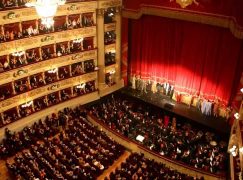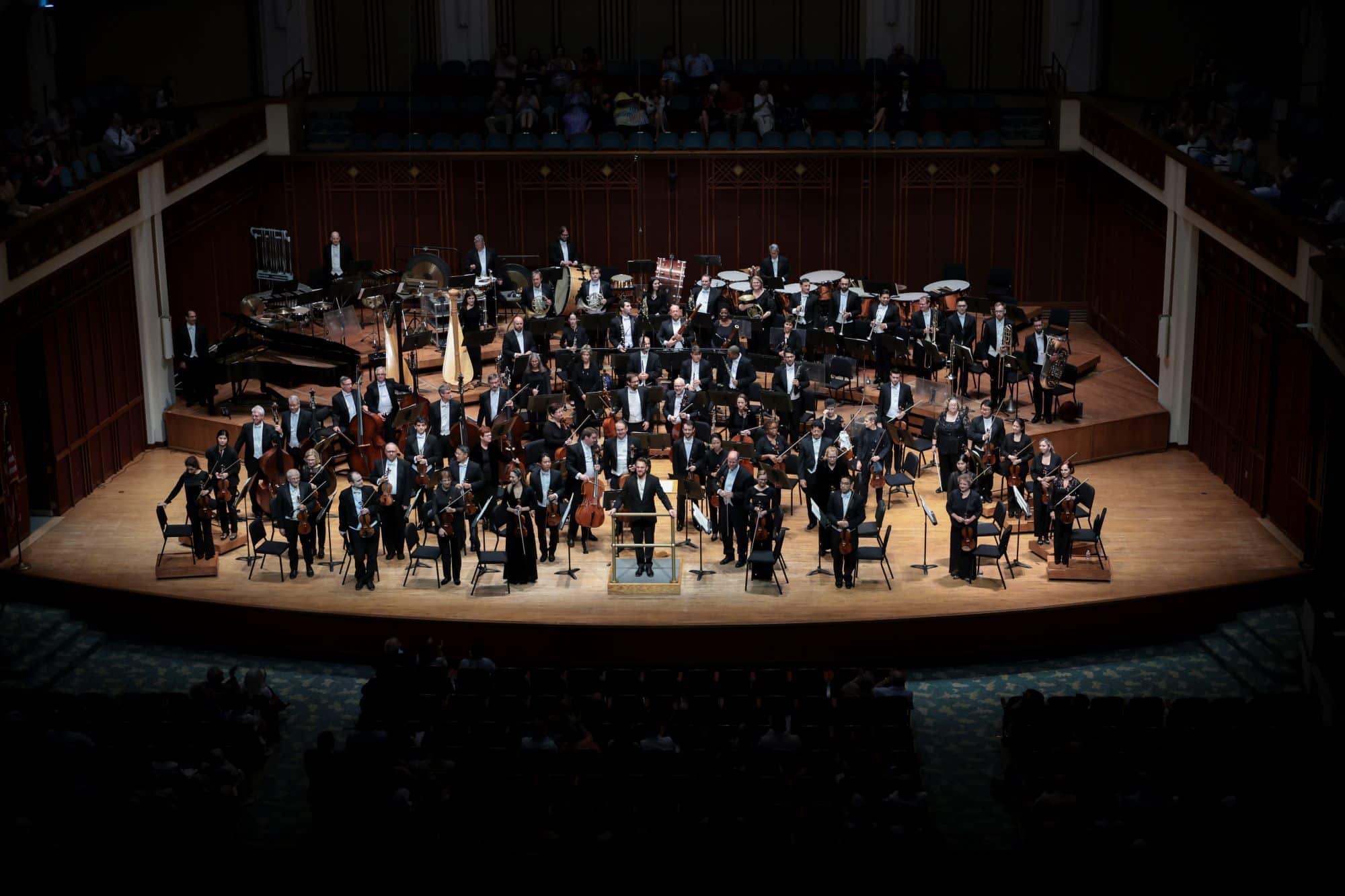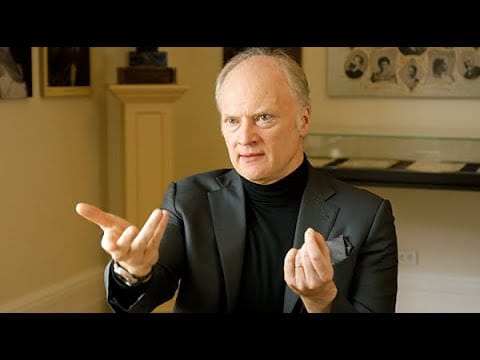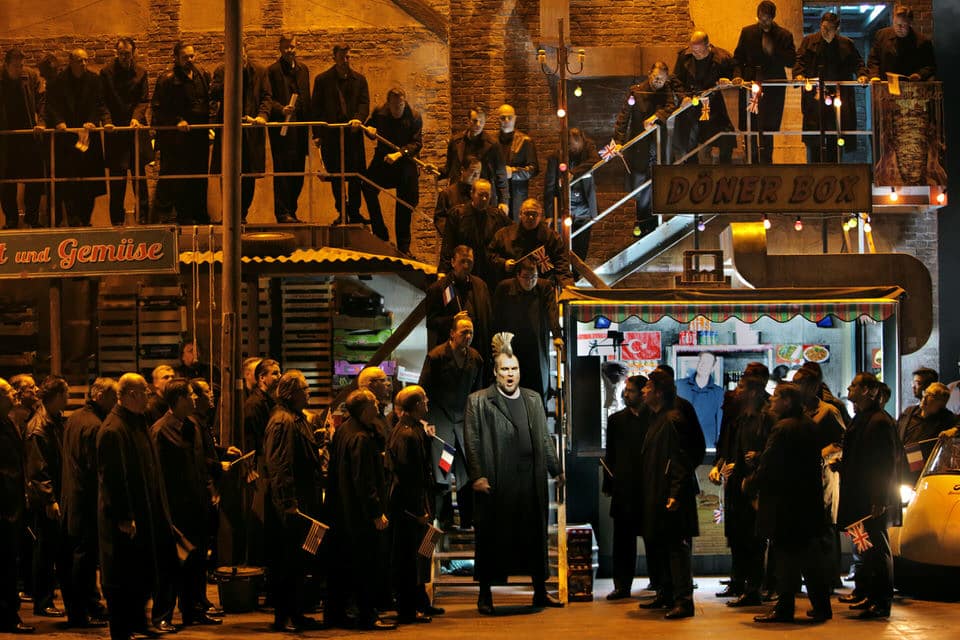The Bolshoi has 50% more new operas than the Met
mainThere are six new opera productions next season, among them the first Rossini to join the present repertoire stock.
Also six new ballets.
Here’s the full rundown.


There are six new opera productions next season, among them the first Rossini to join the present repertoire stock.
Also six new ballets.
Here’s the full rundown.

They’re not quite sure what’s hit them in…

It became known today that Graham Parker has…

The Italian conductor Gianandrea Noseda has extended his…

We understand that Jörg Golombek, a leading tenor…

Session expired
Please log in again. The login page will open in a new tab. After logging in you can close it and return to this page.
Comments